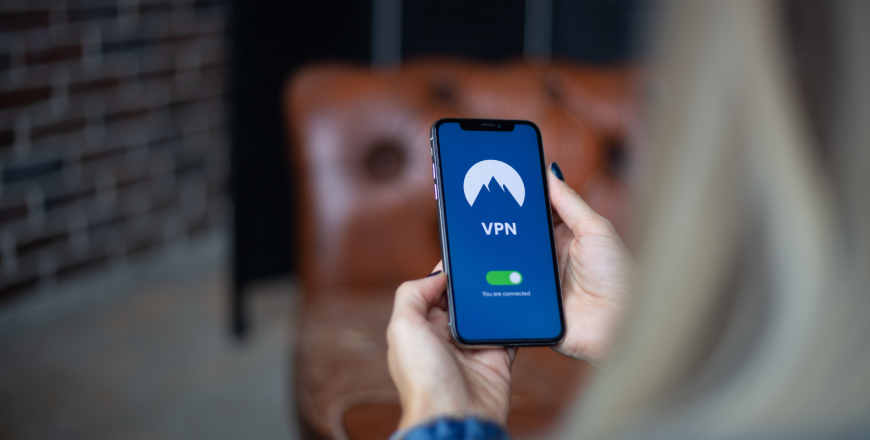Fundamentals of IP and Network Access Technologies

Course Overview
In today’s interconnected world, IP networking forms the backbone of modern communication, enabling seamless data exchange across diverse platforms and services. This course provides a comprehensive introduction to TCP/IP, the foundational protocol suite that drives the Internet and enterprise networks.
Designed for IT/Telecom professionals with little or no prior knowledge of IP, this course provides foundational knowledge of IP routing, switching, and network access technologies. It aims to explain the principles, concepts, and common implementations of IP routing, switching, and transmission technologies within the context of a telecommunications working environment. Practical and lab exercises will be covered, ensuring participants gain hands-on experience in configuring and troubleshooting network infrastructure.
Participants will explore switching technologies and key protocols like Spanning Tree Protocol (STP), as well as IPv6 and its migration from IPv4. The course also addresses critical network services, including DNS, IP QoS for performance optimization, and secure VPN solutions. A significant focus is placed on Carrier Ethernet, exploring its frame structure, VLAN tagging, and QoS through PCP bits at Layer 2. The impact of MEF and its specifications will also be discussed in the context of modern Ethernet services.
Additionally, participants will gain an understanding of International Private Leased Circuits (IPLC), IP Transit, and Peering. They will learn how IP transit agreements work, the role of peering in reducing costs and improving performance, and how IPLCs enable dedicated international connectivity for enterprises and service providers.
By the end of the course, participants will be equipped to configure, troubleshoot, and optimize IP networks in telecommunications, gaining a solid understanding of both Layer 2 and Layer 3 networking.
Target Audience
- Network Engineers, Designers and Administrators
- Product Managers who wish to launch IP-based services
- Telecom professionals with little or no prior knowledge of IP
- Non-Telecom professionals who are also keen to learn the Basics of IP technologies
Duration & Training Format
- Classroom: 3 days
- LIVE Virtual: 21 hours
*Note:
- A minimum of 8 or more participants is required for a Classroom session to commence.
- A minimum of 6 or more participants is required for a LIVE Virtual session to commence.
- LIVE Virtual courses can be conducted for 5 hours or 7 hours daily. Please note that the number of training days will be extended if you opt for 5 hours daily.
Upcoming Course Dates
1 – 3 Oct 2025 (Wed – Fri), GMT +8
If you are keen on attending the above scheduled course, please register your interest via our course enquiry form.
Course Objectives
At the end of this course, participants will be able to:
- Understand IP data encapsulation concepts, protocol layer interactions of the TCP/IP protocol stack, and related Transmission and Network Layer concepts
- Understand and implement IP Address Classes, CIDR and VLSM methods
- Understand basic IP QoS, Security and VPN concepts
- Understand MPLS concepts, topology and implementation,
- Understand Network Access protocols, standards and technologies commonly implemented for IP transport, including DWDM, LAN PHY , WAN PHY, SDH and Carrier Ethernet
- Demonstrate basic IP technology concepts on a simple network
Course Outline
- Introduction to IP
- An Overview
- IP Data Encapsulation Model Concepts
- IP Interaction With Upper Layer Protocols
- IP Address Classes and CIDR
- Other Transmission and Network Layer Concepts
Practical Exercise:
-
-
- IP Subnetting (Addressing a Network Using VLSM)
- IP Supernetting
-
Lab Exercise: Use of a Packet Analyzer to Examine Traffic Flows and Datagram Headers on Simple Network Setup
- IP Routing
- IP Routing Concepts
- Interior vs Exterior Routes
- Common IP Routing Protocols
- Introduction to RIP
- Introduction to OSPF (Single Area and Multiple Area OSPF)
- Introduction to BGP (BGP Routing Metrics, etc.)
Lab Exercise:
-
-
- Simple Routing Configuration with Static Routes, use Ping and show Routes to Verify
- Replace Static Routes with RIP
- Replace RIP with Single Area OSPF
-
- IP VPNs
- Day One Re-cap
- VPN Overview
- Encryption
- Authentication
- Hash Functions
- IPSec
- MPLS
- Introduction
- Basic Concepts
- MPLS-TE
- MPLS-TP
Lab Exercise:
-
-
- Simple Implementation of MPLS VPN on Layer 3 Routers
-
- Network Access Technologies
- Day Two Recap
- Introduction and Concepts
- LAN PHY, WAN PHY
- DWDM
- OTN
- SDH and NG-SDH
- Carrier Ethernet
Group Exercises:
-
-
- Case Studies, Best Practices and Field Application Scenarios
-
Note: A Certificate of Completion will only be issued upon achieving at least 75% attendance for the course.
Pre-requisites
NIL
What is so special about Telefocal Asia's 'Fundamentals of IP and Network Access Technologies' course?
This course stands out prominently from our competitors’ and is unique in several ways:
- This course is a unique blend of basic IP technologies and transport technologies specially designed for the participants who are to perform the duties in telcos environment
- This course is a combination of IP technologies and the underlying transport technologies
- The contents delivered in this course will provide a good knowledge for those who are at the front end dealing with corporate customers
- Front end officers will be proficient in IP as well as IP Transport technologies and will be able to offer products with different underlying technologies
- Participants will be able to offer finished products like IPL, IEPL, IP Transit (with Tier1 and Tier 2), IP Peering (public, private, partial or paid) and raw products like Half circuits over SDH, DWDM, LAN PHY, WAN PHY and Carrier Ethernet



